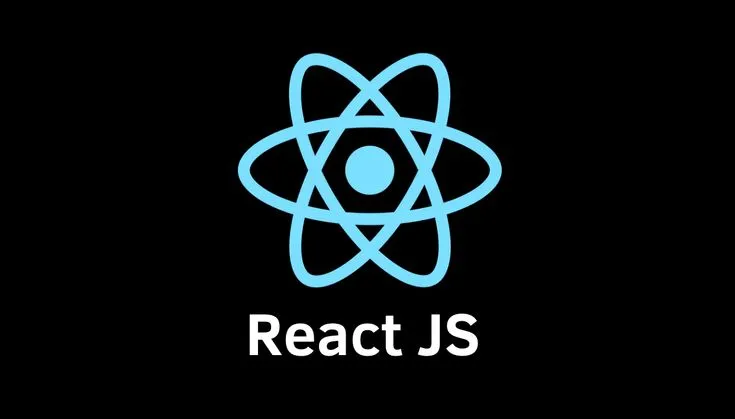
Understanding JavaScript Frameworks: React vs. Vue vs. Angular
In the ever-evolving landscape of web development, JavaScript frameworks play a crucial role in building dynamic, interactive user interfaces. Among the plethora of options available, three frameworks have emerged as the frontrunners: React, Vue, and Angular. Each has its unique features, strengths, and use cases. In this article, we'll explore these frameworks in detail, comparing their characteristics and helping you decide which one might be the best fit for your next project.
What is a JavaScript Framework?
A JavaScript framework provides a structured environment for developers to create web applications. It offers predefined patterns, libraries, and tools that simplify the development process, enabling developers to focus more on building features rather than dealing with boilerplate code.
1. React
React, developed by Facebook, is a library for building user interfaces. It focuses on a component-based architecture, allowing developers to create reusable UI components.
- Component-Based: Everything in React is a component, promoting reusability and maintainability.
- Virtual DOM: React uses a virtual DOM to optimize rendering performance, only updating the parts of the UI that have changed.
- Unidirectional Data Flow: Data flows in a single direction, making the application easier to understand and debug.
- Ecosystem: React has a rich ecosystem, with libraries like Redux for state management and React Router for routing.
When to Use React:
- If you're building a single-page application (SPA) that requires high performance and interactivity.
- When you need strong community support and resources for learning.

2. Vue
Vue is a progressive JavaScript framework that is designed for building user interfaces. It can also function as a web application framework when combined with modern tooling.
Key Features:
- Reactive Data Binding: Vue uses a reactive data binding system, which automatically updates the view when the data changes.
- Flexibility: Vue allows developers to structure their applications in various ways, whether they prefer a component-based or more traditional approach.
- Simplicity: The learning curve for Vue is relatively low, making it a great choice for beginners.
- Single-File Components: Vue allows developers to encapsulate HTML, CSS, and JavaScript within single-file components, enhancing organization.
When to Use Vue:
- If you're looking for an easy-to-learn framework that can scale from small projects to large applications.
- When you want flexibility in structuring your application.

3. Angular
Angular, developed by Google, is a full-fledged framework for building dynamic web applications. It is known for its comprehensive approach and includes everything developers need out of the box.
Key Features:
- Two-Way Data Binding: Angular supports two-way data binding, allowing for automatic synchronization between the model and the view.
- Dependency Injection: Angular has a built-in dependency injection system that simplifies testing and improves modularity.
- TypeScript: Angular is built with TypeScript, offering static typing, which helps catch errors during development.
- Rich Ecosystem: Angular includes tools for routing, forms, HTTP client, and more, providing a complete solution for building applications.
When to Use Angular:
- If you're working on a large-scale enterprise application that requires a robust framework with built-in features.
- When you need strong typing and advanced tooling provided by TypeScript.
Comparison Summary
| Feature | React | Vue | Angular |
|---|---|---|---|
| Learning Curve | Moderate | Easy | Steep |
| Data Binding | Unidirectional | Two-way | Two-way |
| Ecosystem | Rich, flexible | Flexible | Complete |
| Community Support | Strong | Growing | Strong |
| Performance | High (Virtual DOM) | High | Good |

Conclusion
Choosing between React, Vue, and Angular ultimately depends on the specific needs of your project. If you require flexibility and a vast ecosystem, React might be the right choice. For a balance of simplicity and power, consider Vue. However, if you're building a large-scale application and prefer a comprehensive framework, Angular is an excellent option. Each framework has its strengths, so understanding their differences will help you make an informed decision.
FAQs
- Which framework is the best for beginners? Vue is often recommended for beginners due to its simplicity and ease of learning.
- Can I use React with TypeScript? Yes, React works seamlessly with TypeScript, enhancing type safety in your projects.
- What is the main difference between React and Angular? React is a library focusing on UI components, while Angular is a full-fledged framework with more built-in features.